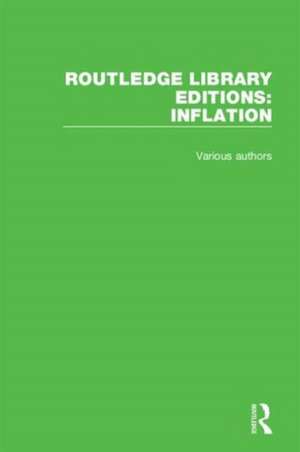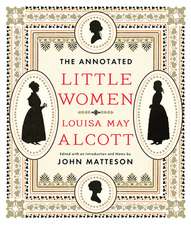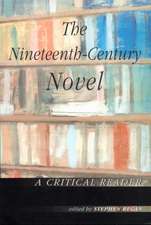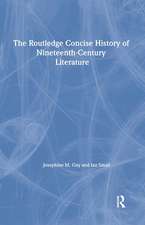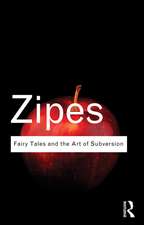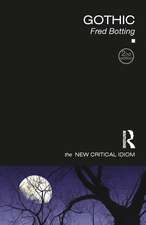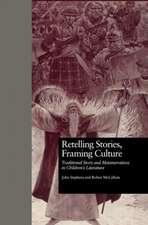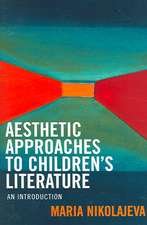Routledge Library Editions: Inflation: Routledge Library Editions: Inflation
Autor Variousen Limba Engleză Hardback – 13 apr 2016
- Provide a wide-ranging and critical review of both first and second generation theories of inflation (and the related problem of unemployment), including the classical approach to macroeconomics.
- Examine how inflation as a policy has come about in modern democracies, how it works, how to avoid it and at what cost
- Reassess the strengths and weaknesses of incomes policies
- Examine pay control policies in major Western economies and survey developments from 1945, explore the aims of pay policies and discusse the problems of implementation, comparing the different kinds of policies.
Preț: 2629.17 lei
Preț vechi: 3994.76 lei
-34% Nou
Puncte Express: 3944
Preț estimativ în valută:
503.15€ • 524.63$ • 418.16£
503.15€ • 524.63$ • 418.16£
Carte tipărită la comandă
Livrare economică 21 martie-04 aprilie
Preluare comenzi: 021 569.72.76
Specificații
ISBN-13: 9781138652514
ISBN-10: 1138652512
Pagini: 1908
Dimensiuni: 156 x 234 mm
Greutate: 0.45 kg
Ediția:1
Editura: Taylor & Francis
Colecția Routledge
Seria Routledge Library Editions: Inflation
Locul publicării:Oxford, United Kingdom
ISBN-10: 1138652512
Pagini: 1908
Dimensiuni: 156 x 234 mm
Greutate: 0.45 kg
Ediția:1
Editura: Taylor & Francis
Colecția Routledge
Seria Routledge Library Editions: Inflation
Locul publicării:Oxford, United Kingdom
Public țintă
General, Postgraduate, Professional, and UndergraduateCuprins
1. Problems of labour and inflation 2. Wage restraint and the control of inflation : an international survey 3. Inflation, growth and international finance 4. Incomes policies, inflation and relative pay 5. A Study in the Theory of Inflation. 6. Inflation : a theoretical survey and synthesis 7. Inflation and Society 8. Inflation and unemployment : theory, experience and policy-making
Notă biografică
Multivolume collection by leading authors in the field
Descriere
Originally published between 1951 and 1987, the 8 volumes in this set:
- Provide a wide-ranging and critical review of both first and second generation theories of inflation (and the related problem of unemployment), including the classical approach to macroeconomics.
- Examine how inflation as a policy has come about in modern democracies, how it works, how to avoid it and at what cost
- Reassess the strengths and weaknesses of incomes policies
- Examine pay control policies in major Western economies and survey developments from 1945, explore the aims of pay policies and discusse the problems of implementation, comparing the different kinds of policies.
Recenzii
“The timely re-issue of the prescient Ethnoscapes series provides an invaluable contribution to current concerns about built and natural environments. The breadth of coverage of these books, includes public participation in environmental modifications, the impact of housing design on the quality of life, cross-cultural comparisons of placemaking, and the role of building aesthetics on well-being, across many countries and contexts adds up to a treasure trove of innovative research. Now more than ever we need the benefit of the insights and findings of these scholars and professional (many of course who are both) who, over three decades, have studied crucial aspects of interactions between people and their surroundings.”
Ricardo García Mira, Professor of Social Psychology, University of A Coruna, Galicia, Spain. Former Spanish MP.
“The reissued volumes in the Ethnoscapes series were ground- breaking when they first appeared and remain fresh today. These books are essential for understanding how design and the use of space has cultural and human meaning that “artificial intelligence” could never achieve. They offer a vital and timely antidote to mind-numbing apology for the appropriation of civic space and corporate reproduction of McMansions and shopping malls.”
Ben Wisner, Honorary Visiting Professor, University College London, UK.
“The physical aspects of our wonderfully complex world combine with social and psychological factors, to give a myriad of joys and sorrows accompanying our lifeworld activities. To make existence manageable, we need to find order within such chaos. As researchers of all types, but especially social scientists, we are driven to identify networks of causes and effects. This series provides excellent examples of such writing, concerning natural and built environments, from a host of scholars, representing a range of disciplines.”
Andrew Turk, Adjunct Associate Professor, Murdoch University, Western Australia.
“People interested and concerned about how we are interacting with and shaping our built and natural environments will find the insights and findings in this re-issued Ethnoscapes series of great value. Over more than 30 years this accumulated cornucopia of research reveals how important it is to understand the meanings and significance of many aspects of human- environment transactions. These include studies of user involvement in design, with its implications for place-making, as well as crucial explorations of the meaning of home and the role of environmental aesthetics for our wellbeing. Every volume opens new doors, often being the forerunners to major areas of study.”
Arza Churchman, Professor Emerita at Technion- Israel Institute of Technology, Haifa, Israel.
“The re-issue of the Ethnoscapes series provides everyone who cares about human-environment studies a wonderful opportunity to re-acquaint themselves with many groundbreaking efforts in the field. The series provides a wide range of explorations by researchers who have helped to make sense of persons in interaction with their surroundings, and contributed to inspired placemaking”.
Robert Gifford, Professor of Psychology and Environmental Studies, University of Victoria, British Columbia, Canada.
Ricardo García Mira, Professor of Social Psychology, University of A Coruna, Galicia, Spain. Former Spanish MP.
“The reissued volumes in the Ethnoscapes series were ground- breaking when they first appeared and remain fresh today. These books are essential for understanding how design and the use of space has cultural and human meaning that “artificial intelligence” could never achieve. They offer a vital and timely antidote to mind-numbing apology for the appropriation of civic space and corporate reproduction of McMansions and shopping malls.”
Ben Wisner, Honorary Visiting Professor, University College London, UK.
“The physical aspects of our wonderfully complex world combine with social and psychological factors, to give a myriad of joys and sorrows accompanying our lifeworld activities. To make existence manageable, we need to find order within such chaos. As researchers of all types, but especially social scientists, we are driven to identify networks of causes and effects. This series provides excellent examples of such writing, concerning natural and built environments, from a host of scholars, representing a range of disciplines.”
Andrew Turk, Adjunct Associate Professor, Murdoch University, Western Australia.
“People interested and concerned about how we are interacting with and shaping our built and natural environments will find the insights and findings in this re-issued Ethnoscapes series of great value. Over more than 30 years this accumulated cornucopia of research reveals how important it is to understand the meanings and significance of many aspects of human- environment transactions. These include studies of user involvement in design, with its implications for place-making, as well as crucial explorations of the meaning of home and the role of environmental aesthetics for our wellbeing. Every volume opens new doors, often being the forerunners to major areas of study.”
Arza Churchman, Professor Emerita at Technion- Israel Institute of Technology, Haifa, Israel.
“The re-issue of the Ethnoscapes series provides everyone who cares about human-environment studies a wonderful opportunity to re-acquaint themselves with many groundbreaking efforts in the field. The series provides a wide range of explorations by researchers who have helped to make sense of persons in interaction with their surroundings, and contributed to inspired placemaking”.
Robert Gifford, Professor of Psychology and Environmental Studies, University of Victoria, British Columbia, Canada.
